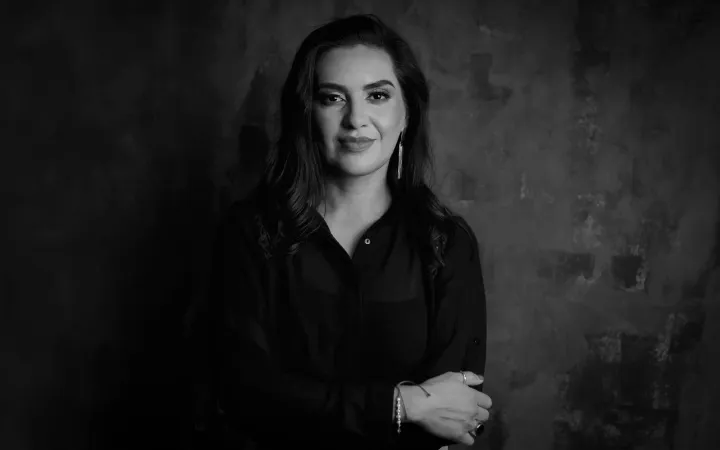
Por Stephanie Henaro

A Putin ya no le alcanza el dinero. La caída del valor del rublo en las últimas semanas es un síntoma de algo más grave. Las finanzas de Rusia no van bien.
Información compartida en Moscú este martes, confirma que en la primera mitad de este año la nación eurasiática solamente tuvo un excedente de 20 billones de dólares. Mientras que a estas alturas del año pasado, la cantidad rondaba los 227 billones de dólares y aunque el Banco Central de Rusia es optimista y piensa que a finales de año podrían llegar a los 66 billones de dólares, la diferencia es notoria.
Una de las razones que puede explicar este declive financiero es que los precios del gas y el petróleo no son los mismos del 2022. Porque hay que recordar que en cuanto empezó la guerra en Ucrania, los precios se fueron por los cielos y el barril de petróleo llegó incluso a estar cerca de los 120 dólares.
El petróleo y el gas son vitales para las finanzas de la Federación Rusa y el financiamiento de la guerra. Por eso es importante notar, que en comparación con el mismo periodo del año pasado, son 50% menores.
Tal parece que el boycott comercial ha comenzado a surtir efecto y a esto hay que agregarle que las importaciones también son más costosas. Porque la cadena de suministros rusa también se ha visto afectada y no hay que dejar pasar por alto las implicaciones logísticas.
El deterioro de la balanza comercial ha puesto al rublo bajo un stress notorio luego de haber sido uno de los ganadores del año pasado, aún después de la invasión, y hoy se ha devaluado un 20%, siendo Yevgeny Progozhin el responsable de la última caída, aun cuando abortó su proyecto de la marcha de la justicia en Moscú, muy al estilo de Alexei Navalny.
Las sanciones y la caída de la inversión extranjera directa han dejado el valor del rublo en manos de los flujos de cuenta corriente, y esto sugiere que aún le queda espacio para seguir depreciandose. De hecho, es bastante probable que sin la intervención del gobierno el país ya hubiera entrado en un espiral inflacionario.
Otro aspecto que hay que tomar en cuenta es la salida de capital que remontó después del motín del Grupo Wagner, porque los rusos continúan sacando sus ahorros. Se calcula que desde marzo del año pasado a la fecha, 45 billones de dólares han salido del país, y el gobierno ha tenido que recortar su presupuesto de gastos en un 10%.
El Ministro de finanzas, Anton Siluanov, ha declarado que planea vender reservas de divisas extranjeras el próximo mes por una cantidad cercana a los 35 billones de rublos, después de que en junio había anunciado que lo haría por 75 billones de rublos.
Rusia ha acumulado yuanes y rupias de manera significativa como resultado de las actividades comerciales que mantiene con ambos países en su propia moneda, evitando el uso del dólar en gran medida porque ya tampoco forma parte del sistema SWIFT.
A pesar de que los saudíes se han unido a los esfuerzos rusos por aumentar el precio del petróleo, no han tenido éxito, y la debilidad de la economía global los ha mantenido por debajo de los 80 dólares por barril y esto plantea un panorama difícil para una Rusia que necesita aumentar sus ingresos.
El último en salir, apague la luz.
Las opiniones expresadas son responsabilidad de sus autoras y son absolutamente independientes a la postura y línea editorial de Opinión 51.
Más de 150 opiniones a través de 100 columnistas te esperan por menos de un libro al mes.






Comments ()